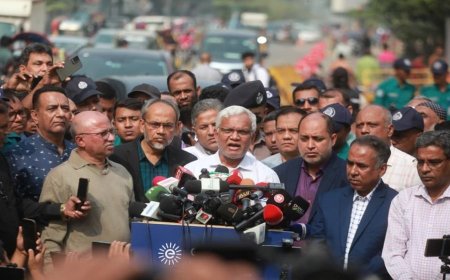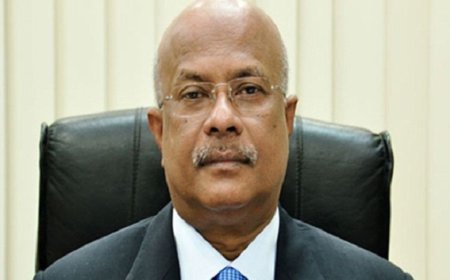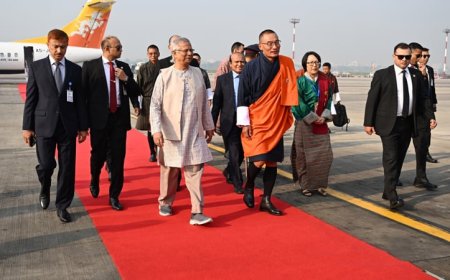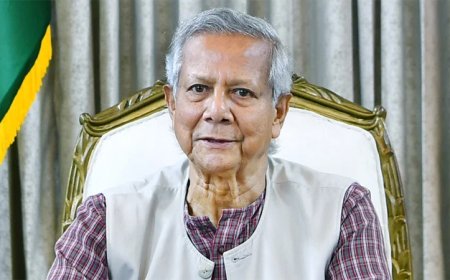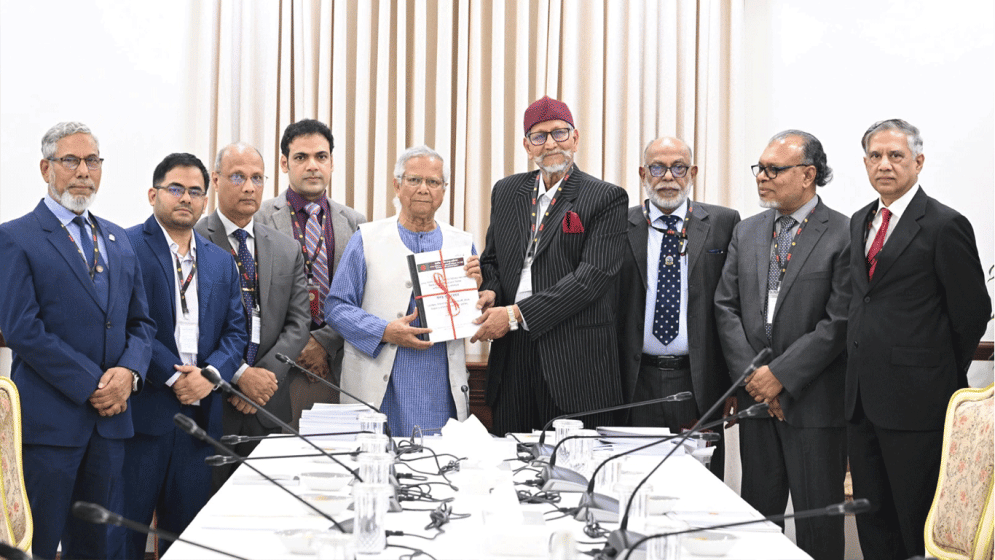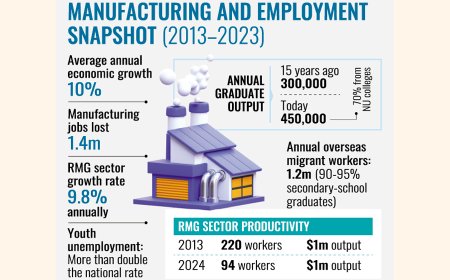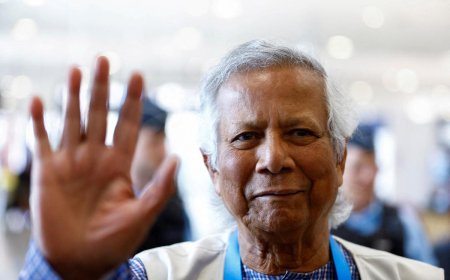Bangladesh unveils its longest railway bridge spanning the Jamuna River
The highly anticipated Jamuna Rail Bridge, Bangladesh's longest railway bridge, was officially inaugurated this morning, marking a major milestone in the nation's rail connectivity.
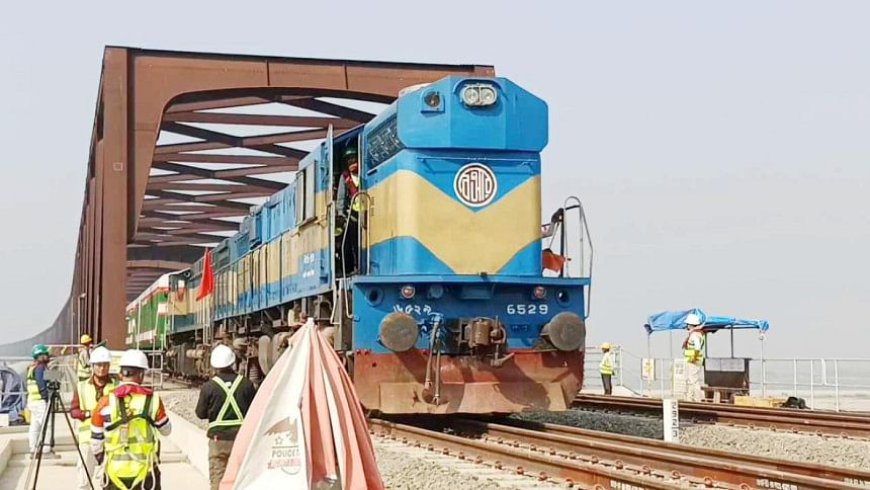
The Jamuna Rail Bridge, Bangladesh's longest railway bridge, was officially inaugurated at 10:00 AM today at Ibrahimabad Railway Station on the eastern bank. Railways Secretary Md Fahimul Islam presided as the chief guest, while Japanese Ambassador to Bangladesh Saida Shinichi and the Director General of JICA’s South Asia department attended as special guests, as confirmed by Project Director Al Fattah Masudur Rahman.
Following the inauguration, trains will now operate at speeds of up to 120 km/h, transforming rail connectivity between Dhaka and the northwestern region. With successful trial runs completed, the bridge is expected to drastically cut travel time and stimulate economic growth in previously underserved northern districts.
Historically, the Jamuna River had isolated Sirajganj and northern districts, and while the Jamuna Multipurpose Bridge, constructed in 1998, provided road and rail links, structural cracks detected in 2008 limited train speeds to just 20 km/h. This affected nearly 38 daily trains, significantly reducing efficiency. To address the issue, construction of a dedicated railway bridge began on March 3, 2020, 300 meters upstream from the existing multipurpose bridge. The foundation stone was laid on November 29, 2020, and piling for the first pillar commenced in March 2021.
Spanning 4.8 km with 50 pillars and 49 spans, the Jamuna Rail Bridge extends to 30.73 km when including railway embankments and loops. Initially estimated at Tk 9,734.07 crore, the project costs escalated to Tk 16,780.96 crore, with 27.60% funded domestically and 72.40% covered by a JICA loan.
Japanese firm OTG and IHI Joint Venture led the construction, supported by five major Japanese contractors. Over 7,000 workers from Japan, Vietnam, Nepal, Australia, the Philippines, and Bangladesh contributed to the bridge’s completion over four years.
Commercial train operations commenced on February 12, when the intercity Silk City Express traveled from Rajshahi to Dhaka at 50 km/h, crossing the bridge in just six minutes. From today, trains will run at full capacity on both up and down lanes at 120 km/h.
Chief Engineer Tanvirul Islam highlighted the bridge’s cutting-edge rail infrastructure, equipped with advanced Japanese technology to ensure safe and high-speed train movement.
Project Director Al Fattah Masudur Rahman emphasized that while the previous bridge allowed only meter-gauge freight trains due to weight limitations, the new bridge enables broad-gauge freight transport, significantly enhancing trade efficiency.
This development is expected to benefit businesses importing goods from India, as they can now rely on rail transport instead of sea routes. Freight trains will operate without restrictions; however, the lack of a double-E track system means that simultaneous train operations on both tracks will not be possible.
Originally named the Bangabandhu Sheikh Mujib Railway Bridge, the structure was officially renamed the Jamuna Rail Bridge following a gazette notification issued by the interim government in December last year.
What's Your Reaction?







